“My films are really about bridging the gap between film studies and the general public”: Alexandre O Philippe on Lynch/Oz
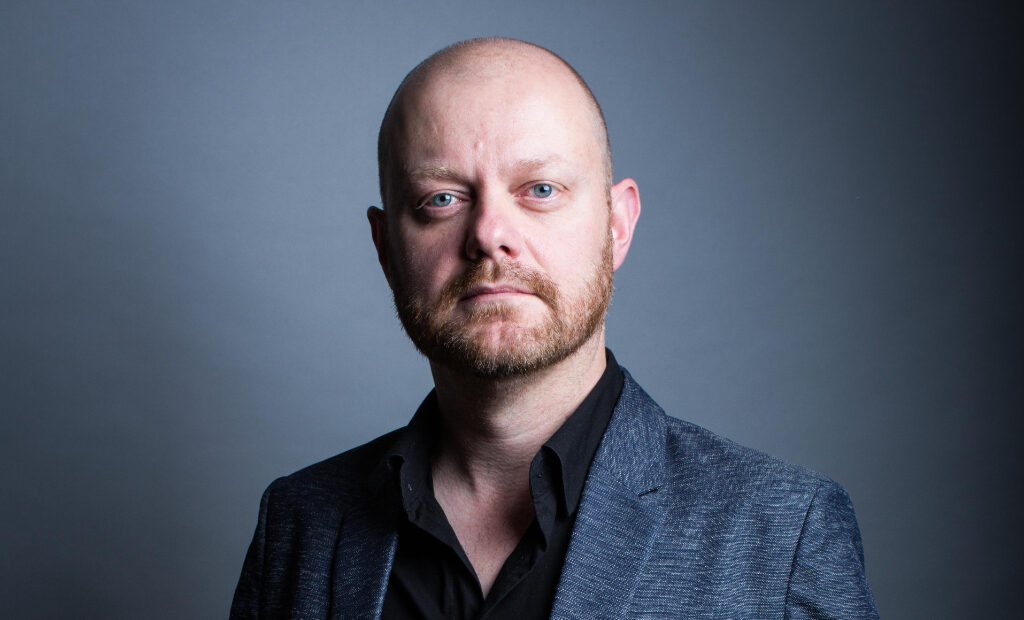
Alexandre O Philippe is, in many ways, a filmmaker whose driving ethos is to democratise film theory. Much of his previous work, including 78/52 and Doc of the Dead, pertains to this guiding principle, weakening the barrier between film fan and film scholar. In Lynch/Oz, Philippe turns his attention to the deconstruction of two of cinema’s most fascinating monoliths of influence; Victor Fleming’s The Wizard of Oz, and the enigmatic output of David Lynch. It consists of six chapters, each amounting to a video essay by other filmmakers (and one critic) on the legacy of The Wizard of Oz, and on the thinking and craft of Lynch. The contributors, who include Karyn Kusama and John Waters, also delve into the ways in which both Oz and Lynch have informed their careers.
As part of the London Film Festival, The Upcoming had the pleasure of speaking to Philippe about Lynch/Oz, how it relates to the broader trajectory of his career, and future projects in the offing.
Do you remember the first points of contact you had with The Wizard of Oz and David Lynch respectively?
I will say that I’ve been a David Lynch fan for a very long time. My first really significant memory was watching Lost Highway when it came out. I was already a Lynch fan at the time but Lost Highway really blew me away and took my fandom to the next level. The Wizard of Oz is a different situation. I wasn’t raised on The Wizard of Oz as I was raised in Switzerland and it certainly doesn’t have the impact there that it does in America. Every kid in America has grown up watching The Wizard of Oz. So I discovered the film, I think, in my 20s and it was a revelation. It was a film I instantly wanted to watch again and again. I’ve taught classes on the film and spent a lot of time with it, so I think it was only a matter of time before I started bringing those two together. It’s a convergence of two passions of mine.
How did the idea of fusing the two passions materialise?
I’m not sure I remember the moment, but I know that I always pay attention to culture. If you go on David Lynch forums there are regularly posts about potential connections with Oz. It’s something that’s been going around culturally for a while. So I’ve always wanted to make a film about Lynch and this idea was knocking around at the back of my head for a while, and eventually, it became clear that I had to make this film. It seemed like the perfect angle to enter Lynch.
Was the video essay format always how you thought of exploring it?
No, it sort of came out of the pandemic. We couldn’t interview people physically and it made sense to me in that I wanted to explore this very ethereal idea of the connections between Lynch and Oz – almost an esoteric idea, quite frankly – through the lens of other filmmakers, and of course we have one critic in Amy Nicholson. But these are all people who were willing to go “all in” on this, and willing to go down the rabbit hole and see what we find. I just love that exercise of exploring movies with these incredible filmmakers who think about movies, who are not just filmmakers but are very active, very thoughtful cinephiles. The opportunity to go on a journey of discovery with them was just wonderful.
So all the contributors were very eager to be involved?
Yes. I didn’t get all the people I wanted to get, but I’m certainly extraordinarily happy with all the people that I got. There were other people that we approached. It was a very organic process. Some people we approached didn’t want to do it or couldn’t do it. Guy Maddin at one point wanted to do it and then changed his mind which I totally respect. I’m actually having lunch with him tomorrow so I’m super excited. I’ve never met him in person.
No hard feelings then!
No! He’s the sweetest man. We’ve actually exchanged emails for years and we’re finally going to get to meet in person tomorrow so I’m really looking forward to that. But the film is already an hour and 45 minutes and it shouldn’t be any longer than this. We could have had more chapters. My regret about Guy Maddin is that I know he wanted to look specifically at Eraserhead and I think that would have been absolutely fascinating. Obviously, we talk about Eraserhead in the film but I think he would have taken that in a completely different direction. But that’s true of everybody. We approached Jordan Peele, we approached Flying Lotus, Chloé Zhao. We also approached Bradley Cooper because, believe it or not, he did his thesis on The Elephant Man. But the point is that there are a million ways to approach this and every great filmic mind who’s going to approach this is going to have a very specific angle on it. I didn’t know how many chapters we would end up having, it just turned out that when we had those six, the way that they worked together was just so perfect that even though we were considering doing a seventh, we felt we should leave it where it is. Who knows what a seventh chapter would have done to the film. The dramatic flow works great as is. You have to know when to stop.
Speaking of the dramatic flow, the format of this film means that it would have been easy for it to feel stuffy and impenetrable, but it is actually very breezy and accessible. How important was it for you to achieve that?
Well, thank you. I take great pride in my body of work in making sure that it is accessible, and making sure that it speaks not just to film scholars. My films are really about bridging the gap between film studies and the general public. They are not documentaries, they are films about films. In other words, they are supposed to be cinematic experiences. They are films that are designed to make people love movies and reconnect with movies. I always make the effort to connect with the most hardcore fans you can find, and also people who are just curious, who may not even have watched those films.
There is a phrase in the film about the intersection of the nightmare world and the real world which applied to Oz and Lynch’s filmography. Do you think that this meeting of worlds is at the heart of cinema, even when not quite as upfront about it as Oz or Lynch?
Yes, and it’s not just a meeting of worlds in that cinema is dreams, and we spend a fair amount of our lives dreaming. So cinema has that connection with our unconscious and I think that that’s part of the reason why cinema is so mesmerising and can mess with our minds. Cinema and the moving image are very powerful and we have to be conscious of that because we can get manipulated by images, especially in this day and age. It’s quite scary. We’re getting into the era of deep fakes and so many people don’t double-check their sources. It’s like anything. Anything is fragile. Watching a movie, you have to give in to it. You have to surrender to the experience and the narrative, but we also have to think about what it is that we’re watching. We have to be critical about what we ingest.
Do you have anything else in the pipeline?
Do I ever! We’re finishing a film about William Shatner right now. We’re going to have a cut in about a month and a half. I’m also planning a film about Vertigo. That one will go to the roots of my cinephilia. It’s the first film that I’m going to do the voiceover for.
Is that because Vertigo is so personal to you?
Absolutely. Vertigo is my film. I watched it very young and have watched it repeatedly over my life. It taps into a lot of fears and anxieties. I also happen to think it’s the most glorious movie ever made. It’s a movie, for me, that feels like it wasn’t even made by a human being. So I had to eventually come around to making a film about Vertigo. I’ve been thinking for years about the angle and I finally found it. I couldn’t be more excited about it.
Matthew McMillan
Lynch/Oz is released in select cinemas and available on demand on 2nd December 2022. Read our five-star review here.
Watch the trailer for Lynch/Oz here:

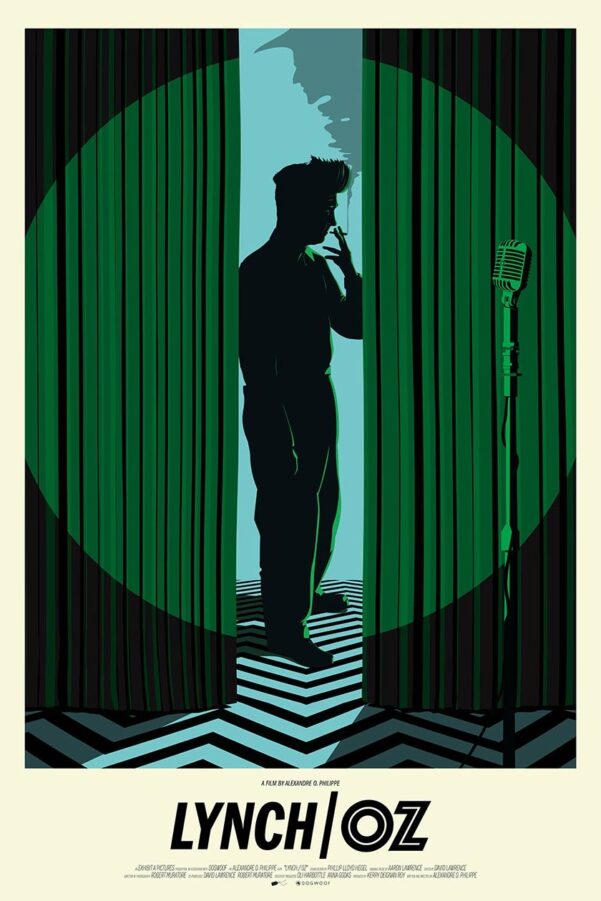
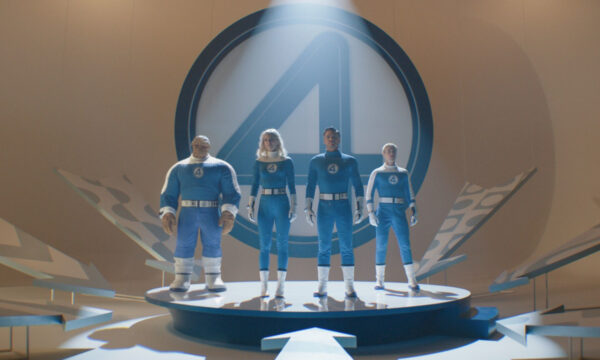
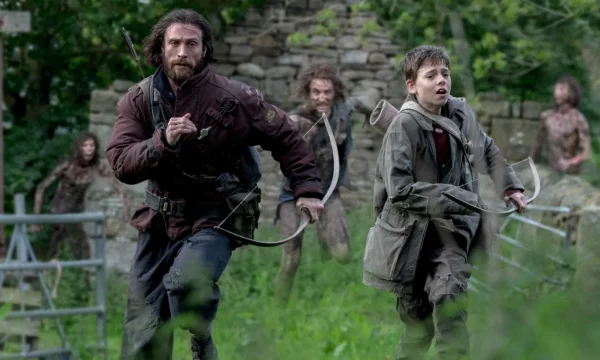
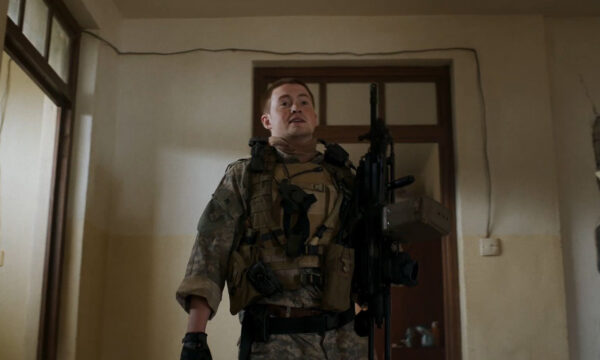

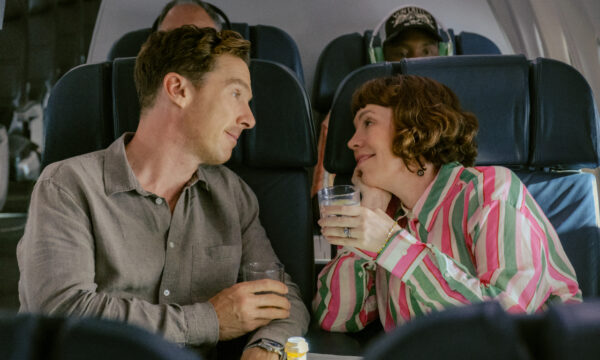
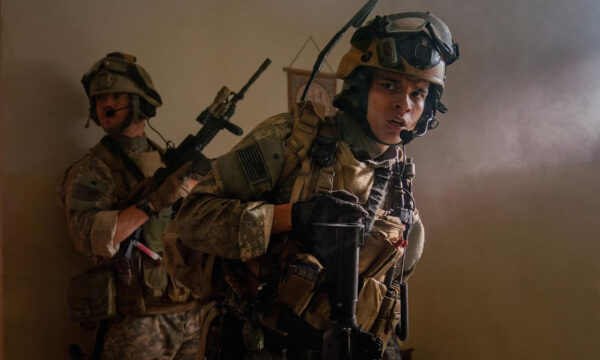
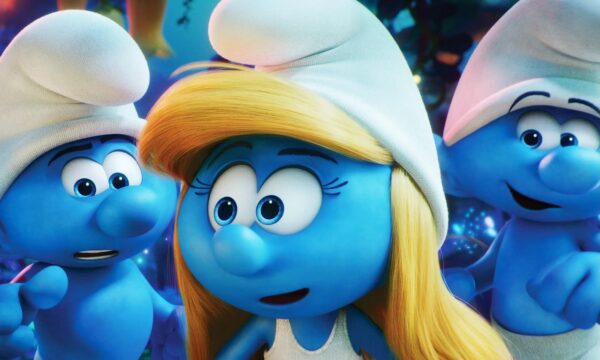
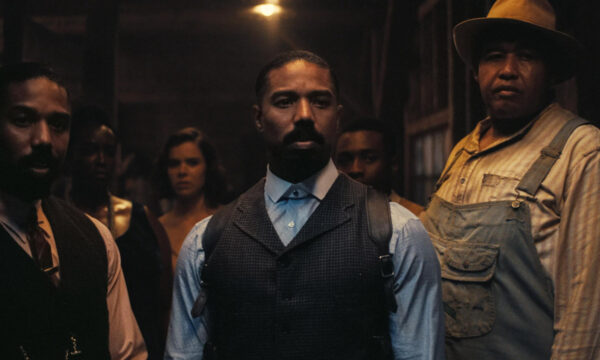
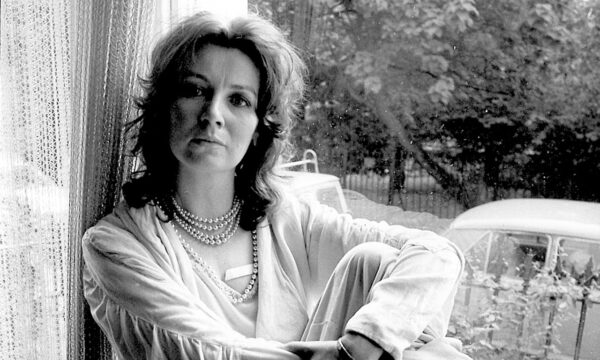















Facebook
Twitter
Instagram
YouTube
RSS